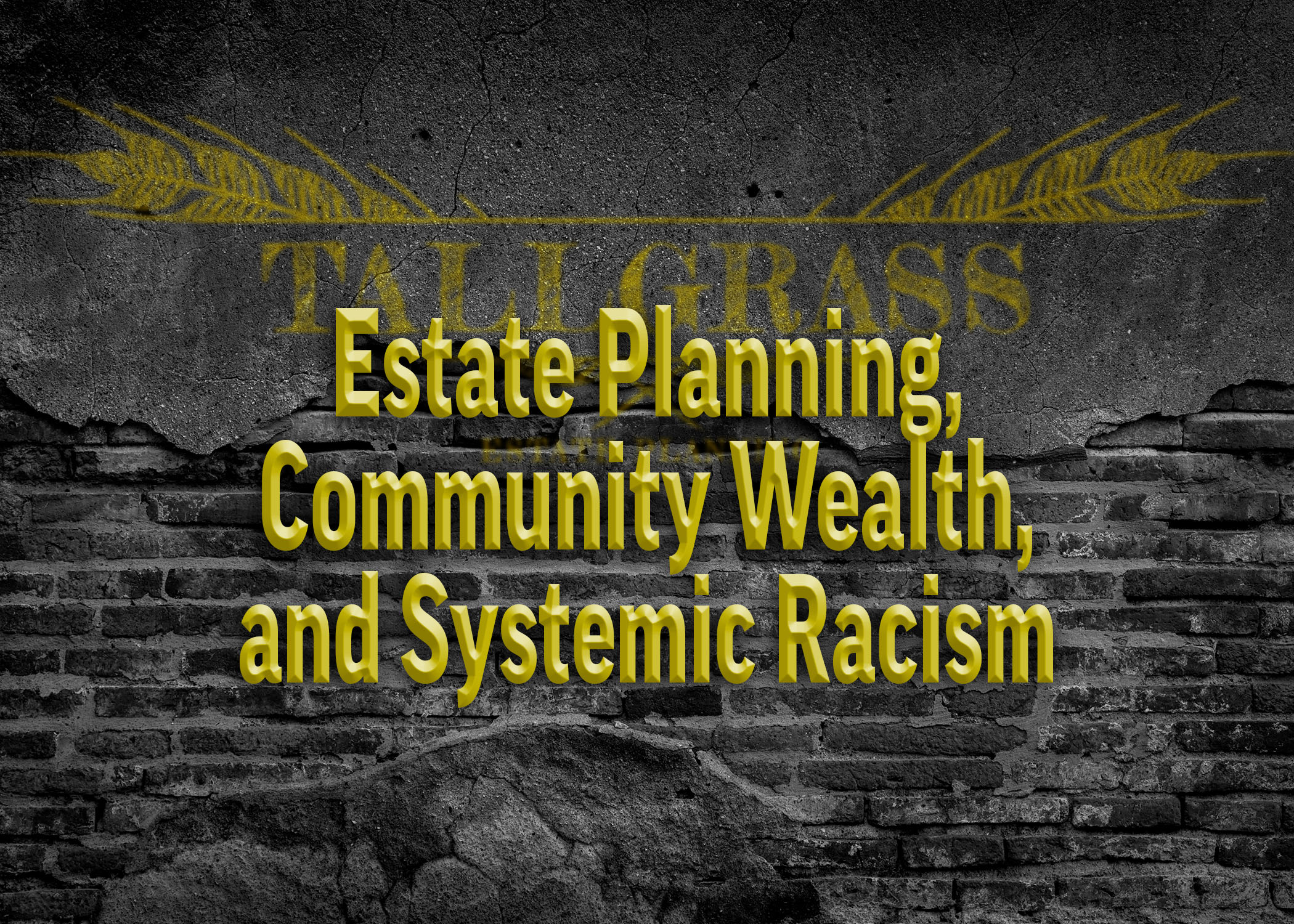
The situation: You own income producing real estate - farm, ranch, rental property, commercial property - and want to sell. Or you own a business and want to sell. But you know this is going to come with a significant tax hit on the capital gain.
The solution: Take advantage of a little-known and under-used strategy called a 1031 Exchange or "like-kind" exchange.
What is a 1031 Exchange?
Section 1031 of the Internal Revenue Code allows you to sell a business or investment property (the relinquished property) and avoid paying tax on the gain at the time of sale so long as you reinvest the proceeds in a similar or "like-kind" property (the replacement property).
Note: A 1031 Exchange allows you to defer, but not avoid, paying capital gains tax.
Who can take advantage of a 1031 Exchange?
Any taxpaying entity - individual, trust, C or S corporation, LLC, partnership, etc - can use a 1031 Exchange to defer capital gains.
How does a 1031 Exchange work?
First, you should understand how a 1031 Exchange does NOT work. You can't sell property, hold the proceeds yourself, and then just buy a new asset whenever. There are some rules you need to follow, based on the type of 1031 Exchange you're using.
In rare cases, a 1031 Exchange is simply a swap of assets. You and another exchangor make a simultaneous swap - neither of you actually realizing a capital gain. It's not easy to find someone who has "like-kind" property they are able to swap or are even interested in swapping.
More commonly, the exchangor - that's you - uses something called a deferred exchange. These are a little more complex than a swap, but they offer a great deal of flexibility, so long as you follow four pretty straightforward rules.
Rule 1: Qualifying Intermediary
You need to appoint a "qualified intermediary." Under Treasury Regulations section 1.1031(k)-1(g)(4), a qualified intermediary (or QI) is an independent party that holds the proceeds from the sale of the relinquished party. There must be a written agreement between the exchangor and the QI that is meant to ensure your proceeds qualify for nonrecognition of gain or loss under section 1031.
Rule 2: 45 Days
You have 45 days from the sale of the relinquished asset to identify a replacement asset. You can actually identify up to three potential replacement assets (even more than three in some narrow cases), so long as you eventually close on one of them. You need to provide this identification to your QI in writing before the end of 45 days.
Rule 3: 180 Days
You have 180 days from the sale of the relinquished asset to close on the replacement asset. It's important to note that this 180 days runs contemporaneously with the 45 day rule. That is, you don't have 180 days after identifying the replacement asset, but 180 days from closing on the relinquished asset.
Rule 4: Like-Kind
The replacement asset must be of the same nature or character as the relinquished asset to be considered "like-kind." Under IRS guidance published in 2017, the definition of "like-kind" is pretty flexible. If you're selling a business, you can buy another business. It doesn't have to be the same kind of business to qualify as "like-kind." If you're selling income-producing real estate, you can purchase more income-producing real estate. It doesn't have to be the same kind of real estate to qualify as "like-kind."
Are there exceptions?
It's the IRS, so yeah. There are a few tricky things to consider when trying to use a vacation home in a 1031 exchange, or when trying to recapture depreciation. But we can help you navigate these complications, if necessary.
Can Tallgrass Estate Planning serve as a Qualified Intermediary?
Absolutely. When we serve as your QI, we provide all of the necessary agreements and assist with completing and filing the required forms with the IRS. Contact us to schedule time to discuss whether a 1031 Exchange is a good fit for you.
Schedule Your Consultation
It costs nothing to schedule a consultation, and we can meet in person, via video chat, or by phone. We'll use that conversation to find out more about you and your priorities and to educate you about your options. To get started, call us at (918) 770-8940, or send an email to firm@tallgrassestateplanning.com.
Disclaimer: Reading this blog post does not create an attorney-client relationship, and it is not formal legal advice. This is for information purposes only. It is always best to speak with an attorney about your questions, assets, concerns, and needs.

















